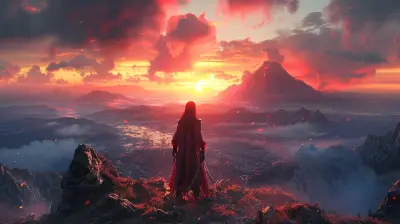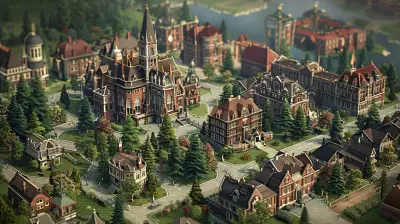How Game Awards Hype Builds Momentum for Sequels
25 August 2025
Let’s face it — we all love a good hype train. And when it comes to video games, nothing fuels that hype quite like an award show. Whether it’s The Game Awards, BAFTA Games Awards, or the Golden Joystick Awards, these flashy events do a whole lot more than just pass out trophies. They supercharge fan excitement, turn heads in the industry, and — here’s the kicker — set the stage perfectly for a game sequel.
In this article, we’re going to break down how the glitz and glam of game awards build serious momentum for sequels. Buckle up — this ride’s going full speed.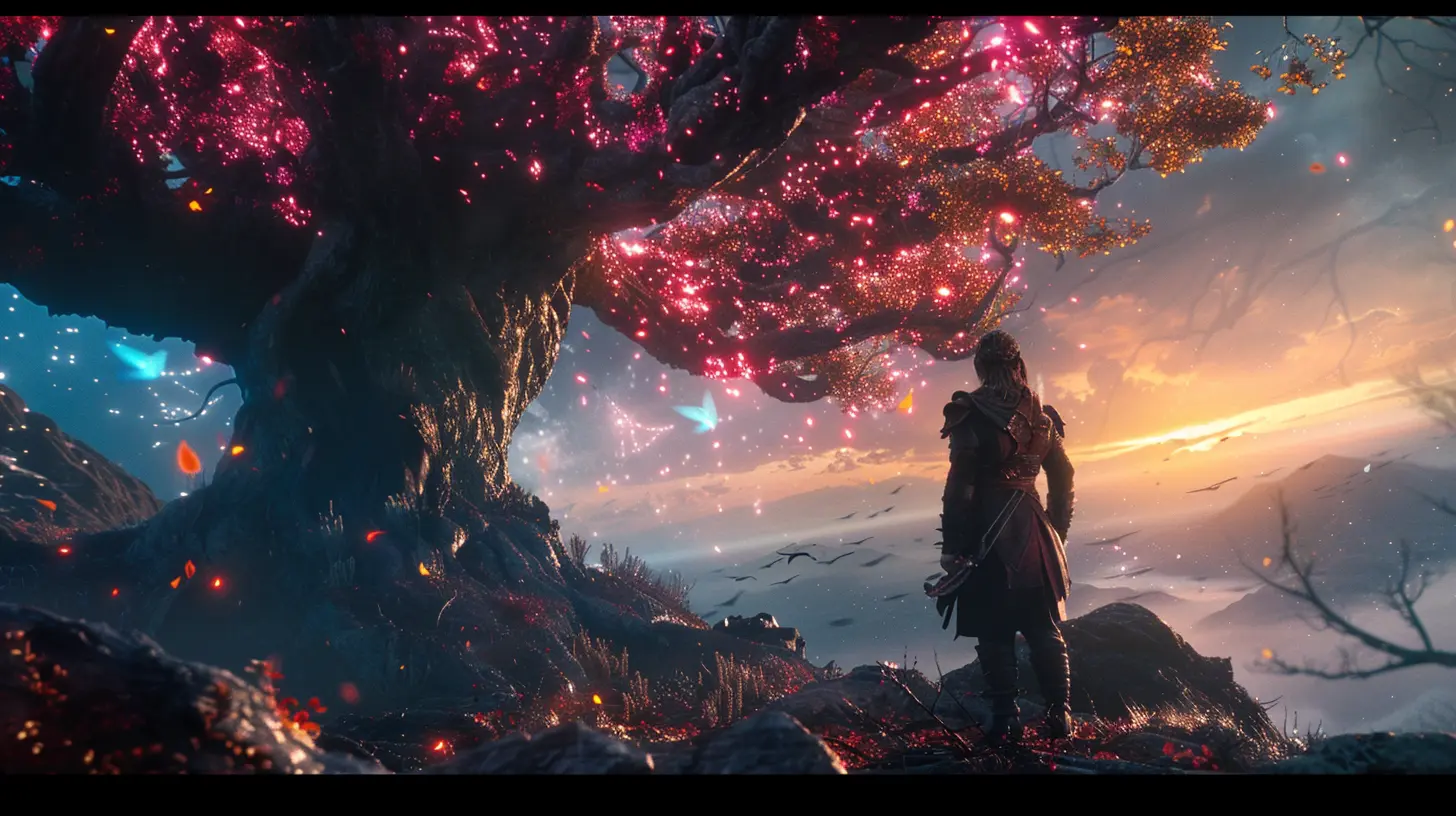
The Magic of the Game Awards: More Than Just Trophies
Let’s start with the basics. Game awards aren’t just a pat on the back for developers. They’re a spotlight — and if a game lands in the right beam, it can go from "cool little title" to "how have I never played this?!"Think about it. When you see a game win “Game of the Year,” don’t you suddenly feel like maybe you’ve been missing out? That reaction happens across millions of gamers worldwide.
For the devs, that’s the golden ticket. Recognition from the community and critics adds credibility. And with credibility comes trust. When that same studio teases a sequel? Fans are all in — no questions asked.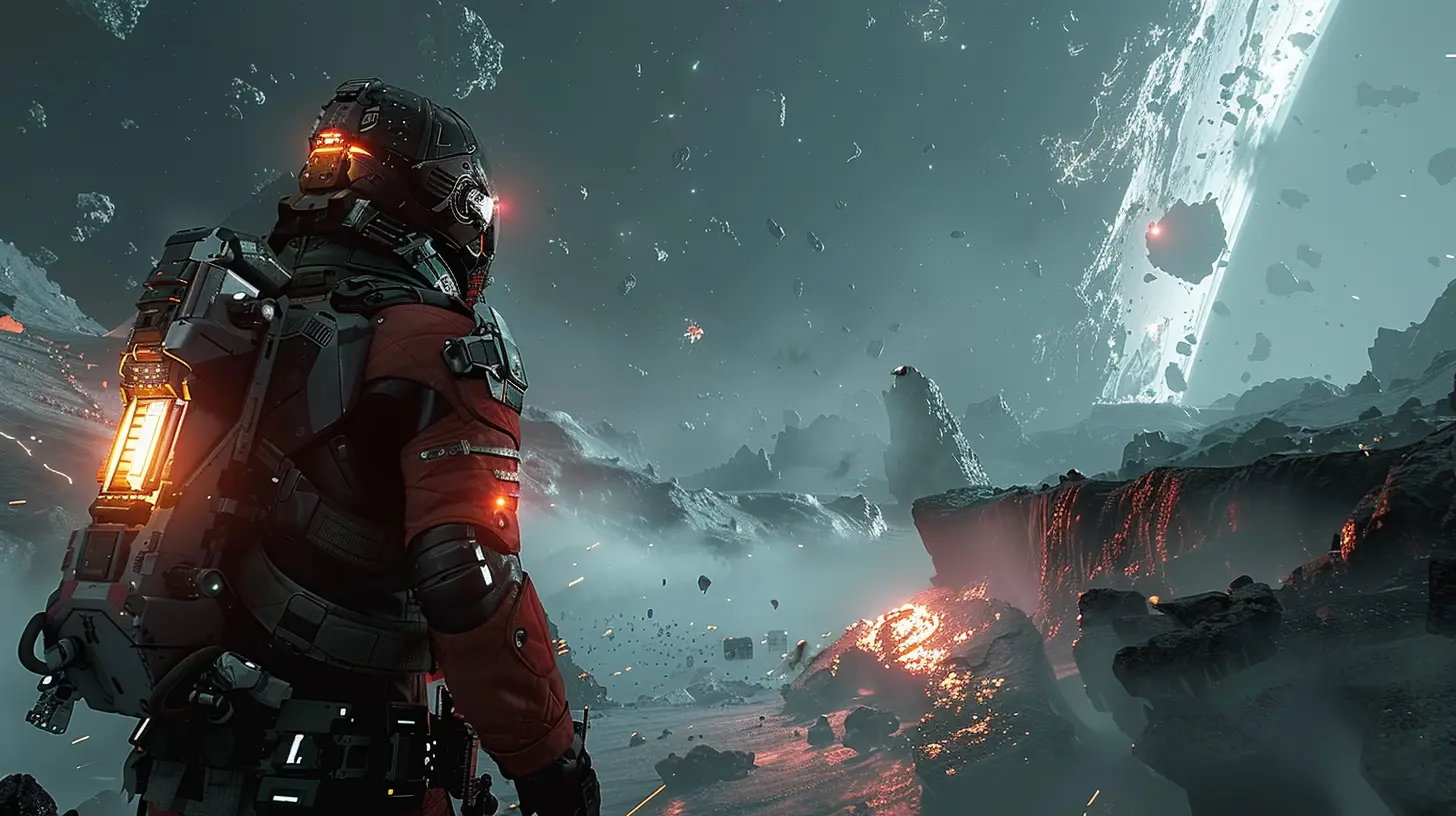
Awards Equal Visibility. Visibility Sells.
Visibility is everything in gaming. You could have the greatest storyline, mind-blowing graphics, or the most immersive world ever created — but if no one knows about it, it won’t matter.Game awards act like free marketing campaigns. Game trailers are aired, acceptance speeches go viral, and Twitter explodes with fan reactions. Titles that have been sitting quietly in the shadows suddenly step into the limelight. This exposure brings in new fans, more sales, and — you guessed it — demand for a sequel.
In short, awards give a game legs. And when it starts running, it rarely stops.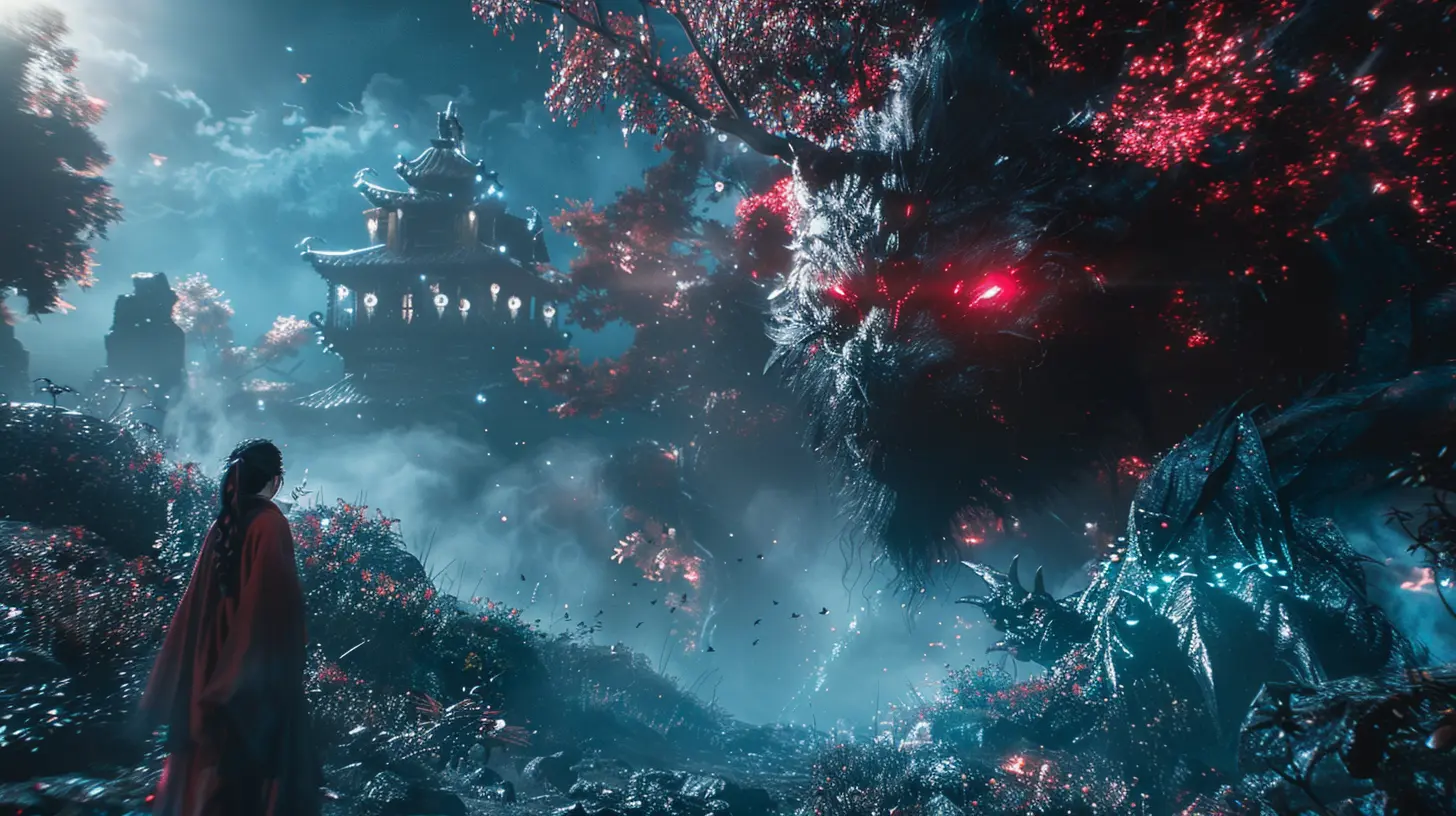
Building Trust in the Dev Team
Let’s say a studio wins “Best Narrative” or “Best Art Direction.” That tells people one thing loud and clear: the devs know what they’re doing. So when those same developers announce they’re working on something new — or better yet, a sequel — people pay attention.Gamers put a lot of stock into reputation. When you hear “FromSoftware” or “Naughty Dog,” what comes to mind? Quality. Depth. Innovation. That trust is built over time — and award wins play a key role in making that happen.
In fact, a lot of sequels that crushed it in sales started as award-winning originals. Think The Last of Us, God of War, Hades, Red Dead Redemption — all made sequels driven by the tidal wave of fan and critical love thanks to their original titles' award-season dominance.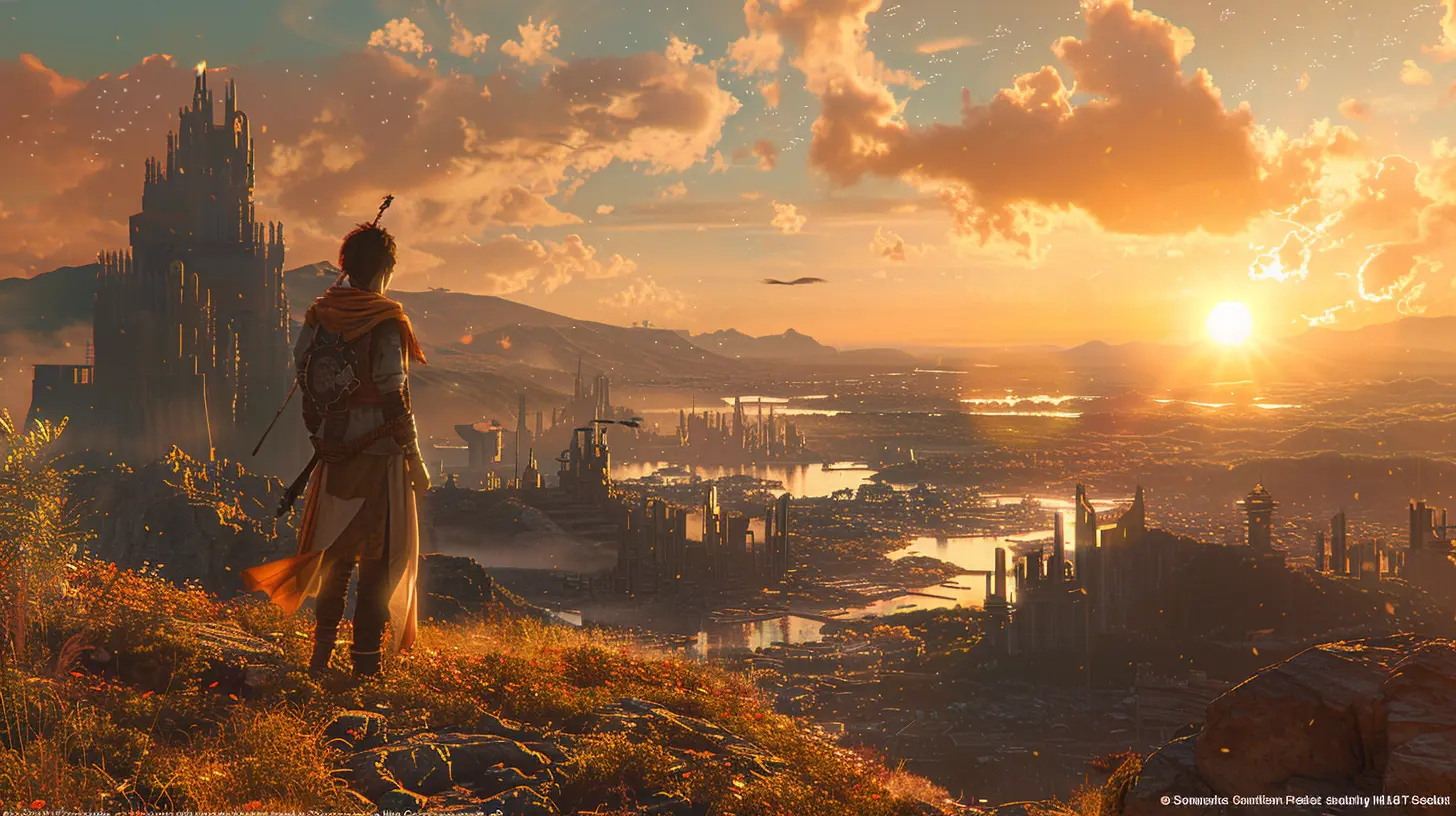
Fan Hype = Free Hype
One of the most powerful marketing tools out there? You. Me. Us — the fans. When a game wins big at an award show, fans go off. Social feeds are flooded. Memes are born. Theories run wild. And the best part? It doesn’t cost the developers a dime.All this buzz creates a snowball effect. The excitement builds, momentum grows — and next thing you know, you’ve got a sequel announcement video racking up millions of views in 24 hours.
The fans feel involved. They feel heard. They feel like they helped your favorite game win. And that emotional attachment? It’s priceless when that "Part 2" teaser trailer drops.
A Proven Formula for Greenlighting Sequels
Let’s put ourselves in the shoes of big publishers for a sec. You’ve just watched your game win multiple awards, maybe even GOTY. Sales spike, online buzz is off the charts — so what do you do?You greenlight a sequel.
Why? Because awards validate that your game was a hit — critically and commercially. That's the perfect combo for justifying a sequel’s budget. Investors feel confident. Studios feel secure. And fans? Pumped.
In short: Awards don’t just make sequels possible, they make them inevitable.
Recognized Games Build Bigger Universes
Award-winning games often create deep, lore-rich worlds. The kind you just don’t want to leave after credits roll. But here’s the catch — games are expensive to make. So unless there’s enough demand, those incredible worlds get shelved.Now toss in some Game Awards momentum. Suddenly, the world that developers built becomes a franchise-worthy universe. Think Elden Ring, Horizon Zero Dawn, Ghost of Tsushima. All award winners. All sequels either launched or in the works.
When a game racks up awards, it sends a loud message to devs: We want more. More stories. More characters. More everything.
Game Awards Give Sequels a Perfect Launch Pad
Timing is everything. And the game awards season? It’s prime real estate for a surprise reveal.So many studios use awards stages to tease what's next — especially sequels. It's the ideal setup: the audience is engaged, the hype is high, and the spotlight is already on the franchise.
Think of it like a mic drop moment. The crowd’s still buzzing from a win, then bam — a teaser trailer drops, title revealed, and suddenly the internet breaks.
That’s no accident. It’s smart marketing, and it works like a charm.
Awards + Sequel Trailers = Double the Hype
Let’s talk trailers, because they're basically gasoline on the hype fire.When sequels are teased during award shows, the result is electric. That combination of validation (the award win) and anticipation (the new trailer) is like hitting the hype jackpot.
Gamers eat it up. Reactions flood YouTube. Analysis videos go viral. Fan theories get wild. All of this before the game even has a release date.
And the best part? This kind of momentum doesn’t fade fast. It grows. Because now the sequel is part of the conversation — and staying in the conversation is what sells games.
Multiplayer Titles Benefit Big Too
It’s not just story-driven games that get the sequel bump. Online and multiplayer titles benefit just as much — sometimes even more.If a PvP game wins “Best Ongoing Game” or “Best Community Support,” it earns some serious goodwill. That reputation matters when it’s time to launch a follow-up or expansion — especially for live-service models.
Gamers want to know their investment (both time and money) is in good hands. Awards confirm that, and sequels ride that wave straight into success.
Indie Games Get a Huge Boost Toward Sequels
Let’s not forget the little guys. Indie studios have been absolutely crushing it at award shows lately. And that recognition can be life-changing.Games like Hades, Celeste, Undertale, Inscryption — all got a massive popularity bump after awards season. That success turns into funding. And that funding? It makes sequels possible for devs who previously couldn’t even dream about it.
Awards can literally be the pivot point from one-hit wonder to beloved franchise.
Final Thoughts: Awards Are Like a Slingshot for Sequels
So, what’s the bottom line?Game awards aren’t just shiny achievements to put on a shelf. They’re fuel. They build trust, hype, sales, visibility — and most importantly — momentum. They’re the perfect storm of attention and acclaim that turns a great game into a household name.
And when the hype’s high enough? The sequel practically writes itself.
So next time your favorite game wins big? Pop the popcorn. Because the sequel is probably already loading.
all images in this post were generated using AI tools
Category:
Game AwardsAuthor:

Leif Coleman
Discussion
rate this article
1 comments
Heidi Coffey
Game awards create buzz and excitement, fueling anticipation for sequels. Winning accolades not only validates a game's quality but also significantly boosts its visibility.
September 11, 2025 at 3:57 AM

Leif Coleman
Absolutely, game awards play a crucial role in generating excitement and validating quality, ultimately enhancing visibility and momentum for upcoming sequels.
